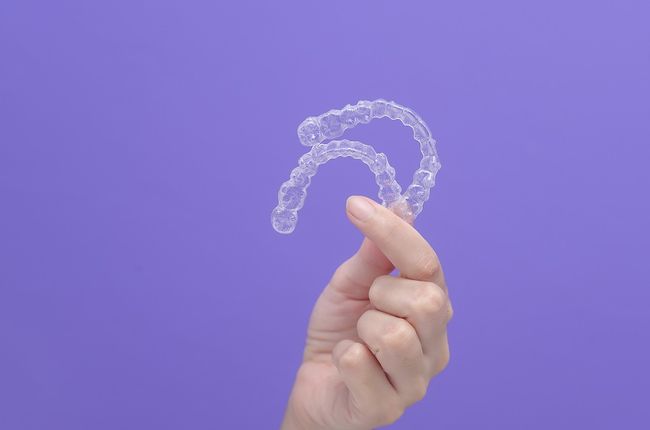Diabetes is a problem with your body that causes blood glucose to be too high. Your body needs glucose for energy, but that process requires insulin to function correctly.
Diabetes is a chronic condition that requires constant care to avoid serious complications, but with proper management, many people with diabetes live normal lives. In fact, someone with diabetes can live a full life as long as the proper precautions are followed. Having diabetes doesn’t automatically mean that you have poor oral health. However, the two conditions often occur at the same time due to common risk factors like tobacco use and poor diet choices.
Both gum disease and diabetes affect your whole body. Because both affect your entire body, they can affect one another. Gum disease can cause blood sugar to rise, which can lead to high blood glucose levels in diabetics. Poor diabetes control can also lead to gum disease by making you more likely to have an infection, which can increase the risk of developing periodontitis.
When diabetes and gum disease occur together, the diabetic is at increased risk for a more severe form of gum disease called periodontitis. People with severe gum disease are more likely to have problems with their blood sugar than someone with healthy gums. In addition, treating your gum disease when you have diabetes can be more complicated because your blood sugar needs to be carefully monitored.
Steps to Prevent and Treat Oral Complications Caused by Diabetes
Diabetics are at a higher risk for gum disease, which can result in serious oral health issues, including tooth loss or the need for dental implants. Adequate blood sugar control is the best way to prevent oral health problems from developing. Be sure to visit your dentist on a regular basis for checkups and cleanings to keep your mouth healthy and clean. If you’re diabetic and experiencing any symptoms that may indicate you have an oral problem, make an appointment with our office as soon as possible to be seen and treated promptly. Treatment for your oral condition will depend on the degree of your symptoms. Common treatments for oral health conditions in diabetics include the use of antibiotics to treat infections, gum surgery to correct issues that have arisen due to severe gum disease, and drain placement to remove infection-causing debris.
Preventative dental care habits are vital for diabetic patients. Brushing and flossing twice a day, as well as regular dental visits, will help prevent the onset of gingivitis and tooth decay. Maintain a healthy diet and avoid sugary foods and drinks whenever possible as well.
If you have any questions about how to take care of your gums and diabetes, please feel free to contact our office at (206) 363-4300 today for more information. You can also visit us at 10004 Aurora Ave N Suite 14, Seattle, WA 98133. We look forward to meeting you!















